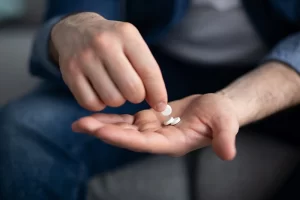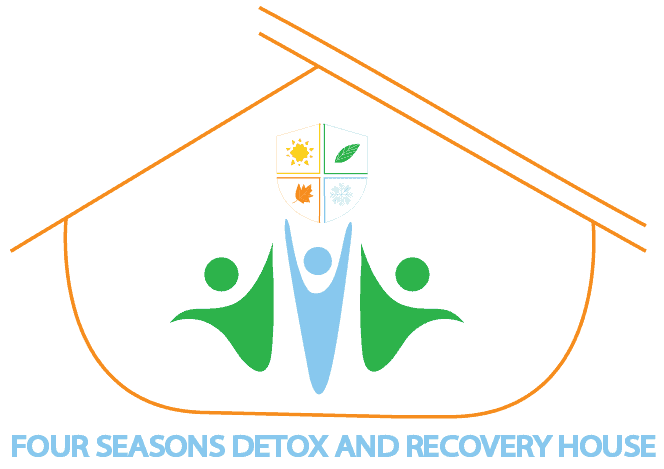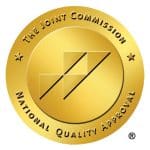Over 1 million people in the United States struggle with an addiction to methamphetamine, more commonly known as “meth.” Notoriously habit-forming, this drug is known for its numerous negative effects on the body. Signs of Meth addiction are relatively easy to identify, and thankfully, meth addiction treatment is available.
What is Methamphetamine?
Meth, aka methamphetamine, is a powerful stimulant that affects the body’s central nervous system. It’s most commonly sold in crystal form and then intended to be smoked. Due to this delivery method’s high bioavailability, smoking meth only makes the drug more addictive to the body. Other methods include snorting it in powder form or injecting it into the body in liquid form. Meth has several nicknames, including “crystal,” “speed,” and “crank.”
Part of what makes meth addiction such a problem in the United States is that it’s usually very inexpensive. This makes it more accessible to people of all income levels and an easier habit to maintain in terms of cost.
The high of meth is short-lived, lasting for only a few hours, so most people who are addicted to the drug consume a large amount in a short period of time in order to sustain the high. Because it is a stimulant, this can mean going for days without sleeping or eating.
It’s worth pointing out that meth is similar to amphetamine, a stimulant used to treat ADHD and narcolepsy. Amphetamine can also be addictive, but not to the extent of methamphetamine, due to the higher bioavailability and, thus, the stronger effects of the latter.
The Effects of Methamphetamine Use on Your Body
Part of the stimulant effects of meth is increasing dopamine production in the brain. Dopamine is a neurotransmitter that produces feelings of pleasure and euphoria, known as the brain’s “reward center.” Continuing to use meth causes the body to become dependent on the drug to experience a dopamine release, and so the user becomes addicted. When a person is high on meth, they experience increased physical and mental energy levels, a decreased appetite, faster breathing, and a faster heart rate.
The Negative Effects of Methamphetamine Use on the Human Body
Sadly, meth addiction is one of the most visible forms of addiction to the people around you because the health consequences are usually so drastic that the individual’s appearance changes dramatically. The human body was not designed to consume high doses of meth over a long period of time. The constant stimulating effects of the drug eventually take their toll on the central nervous system and thus can cause major damage to all kinds of important processes in the body.
Long-term meth use comes with several dangerous health consequences, including:
- Anxiety/paranoia
- Extreme weight loss
- Sores on the skin/itching
- Violent or aggressive behavior
- Hallucinations
- Long-term changes in brain structure
- Dental problems
- Confusion
- Memory loss
Also, keep in mind that you can overdose on meth, which can cause organ failure, heart attack, stroke, or death.
Warning Signs of Meth Addiction
So, what does meth addiction look like? Good question. Some of the most common signs of meth addiction symptoms include:
- Relatively rapid or extreme weight loss
- Dental problems
- Erratic behavior/extreme mood swings
- Restlessness/sleeplessness
- Being unable to stop or cut down meth use
- Inability to fulfill obligations related to family, school, friends, or work
- Experiencing withdrawal symptoms when meth use is ceased (or reduced)
- Developing a tolerance (user requires a higher dose to get the same effects)
If you or someone you know demonstrates these symptoms, it’s time to consider treatment. Meth addiction treatment exists and even aims not only to get the addicted person through the withdrawal process as comfortably as possible but also aims to provide them with tools that will help them stay off of meth permanently. This can include individual therapy, group therapy, and helping the individual rebuild their life in terms of work, school, relationships, etc.
What is Meth Withdrawal Like?
Because meth is a highly addictive drug, withdrawal can be a difficult process. Fortunately, it’s very unlikely for withdrawal symptoms to actually be dangerous or life-threatening. Still, they’re unpleasant and a necessary evil, so to speak, in order to get to the point of recovery.
Meth withdrawal symptoms include:
- Anxiety
- Extreme fatigue
- Mood swings
- Irritability/aggression
- Weight gain
- Depression
- Insomnia
- Nightmares
Due to how unpleasant these symptoms can be, we strongly recommend going through the process under the guidance of a professional at a detox treatment center. Professionals treat the symptoms of withdrawal while helping you stay on track as cravings inevitably emerge. These symptoms usually peak within 2-3 days of cessation, and so begin to decrease after about a week.
However, psychological symptoms, in particular, like anxiety, depression, and insomnia, can last for several weeks as the body works to regain homeostasis. There are medications that can help individuals with these types of symptoms.
Also, remember, ultimately, meth withdrawal can look somewhat different for everyone. It’s about how much you were using, how frequently you were taking it, and how your body’s chemistry happens to interact with the drug. And remember that meth is both physically and psychologically addictive, which means that a key part of withdrawing is addressing any underlying psychological struggles you may have so that you can heal from them rather than trying to self-medicate through the use of such a dangerous substance.
Recovery from Meth Addiction is Possible
Meth addiction can not only rob you of your health. It can and often does destroy relationships, finances, careers, personal interests, and anything else you’ve spent your life working hard for. Because it’s so addictive and so cheap, it can be that much harder to stop.
Still, recovery is possible. Recovery treatment centers across the country are equipped with the tools needed to help individuals at all stages of addiction withdraw once and for all and even rebuild their lives. Essentially, if you’re struggling, help is available, and it has been proven effective.






